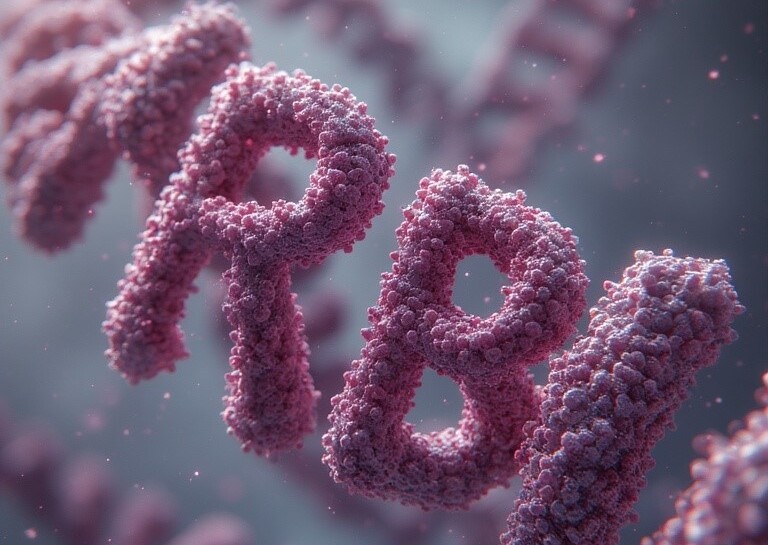
A recent study from the Karolinska Institutet, published in Nature Communications, has uncovered significant insights into how cyclin-dependent kinases (CDK) facilitate DNA replication in human cells. This research highlights the relationship between CDKs and RB tumor suppressor proteins, revealing that CDKs play a dual role in promoting cell division and preparing the genome for replication.
The primary focus of the study is on the CDK4/6 protein group and its interaction with the RB protein. The RB gene, recognized as the first tumor suppressor identified in childhood retinoblastoma, has long been understood as a critical regulator of the cell cycle. The findings suggest that these proteins not only control cell division but also significantly influence the process known as “replication licensing,” essential for DNA copying.
Dr. Bennie Lemmens, the study’s senior author and a researcher at the Department of Medical Biochemistry and Biophysics at Karolinska Institutet, explained, “Our discovery shows that the phosphorylation of RB by CDK4/6 has two functions: it commits cells to divide, and it prepares the genome to be copied correctly. This dual role might explain why CDK4/6 inhibitors are so powerful in the clinic and points the way to even more effective cancer treatments.”
The research team also found that when combining CDK4/6 inhibitors with other therapies that block DNA licensing, cancer cells could divide without accurately copying their DNA. This disruption was particularly detrimental to cells lacking the p53 gene, a common deficiency in many cancers.
Lead author Michael Hawgood emphasized the unexpected nature of these results, noting, “The results were surprising because CDKs are traditionally thought to be inhibitors of DNA replication licensing. But our biochemical assays, DNA sequencing, and single-cell imaging data consistently pointed towards a positive role for CDK4/6 in enabling replication.”
To achieve these findings, researchers at Karolinska Institutet employed advanced rapid protein degradation technologies and collaborated with a team led by Halazonetis in Switzerland. This partnership allowed them to conduct highly sensitive DNA sequencing experiments, enabling precise control and measurement of DNA replication across thousands of sites in the human genome.
Jiri Bartek, co-author of the study, expressed the significance of their work, stating, “Our new study further extends the important concept that we pioneered over the years on the role of RB in G1/S control and prevention of replication stress, the major driving force of genomic instability and cancer progression.”
The research received crucial support from several organizations, including The Mark Foundation for Cancer Research, Cancerfonden, the Swedish Research Council, Karolinska Institutet, and SciLifeLab. This backing has been instrumental in advancing the understanding of the fundamental mechanisms of human cell division.
As the scientific community continues to explore these findings, the potential for improved cancer therapies that target the unique functions of CDK4/6 could lead to more effective treatment options in the future.







